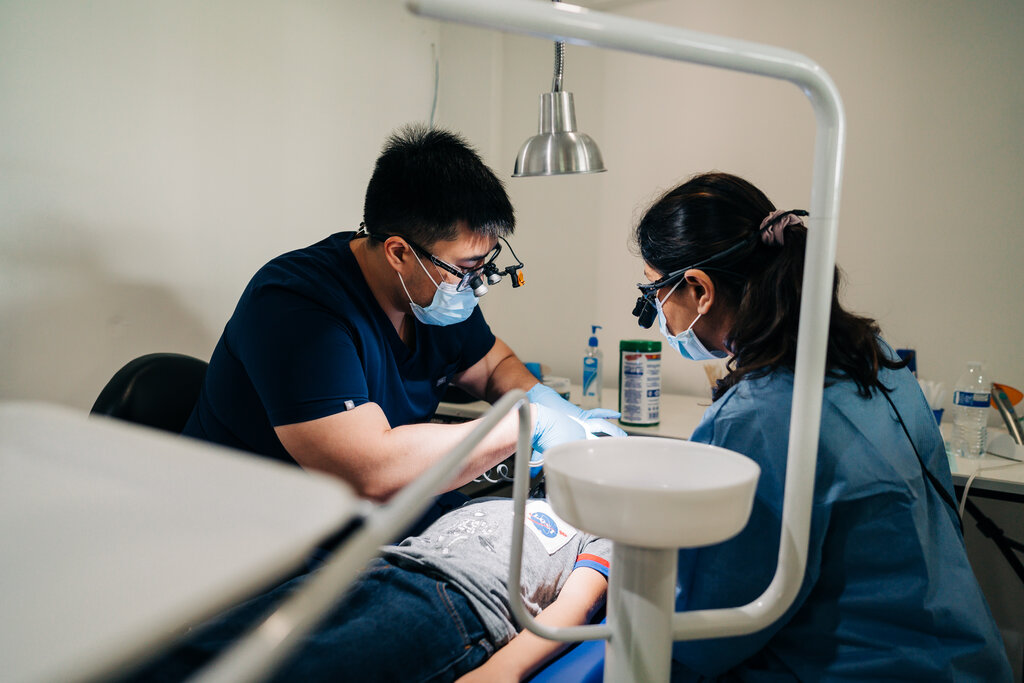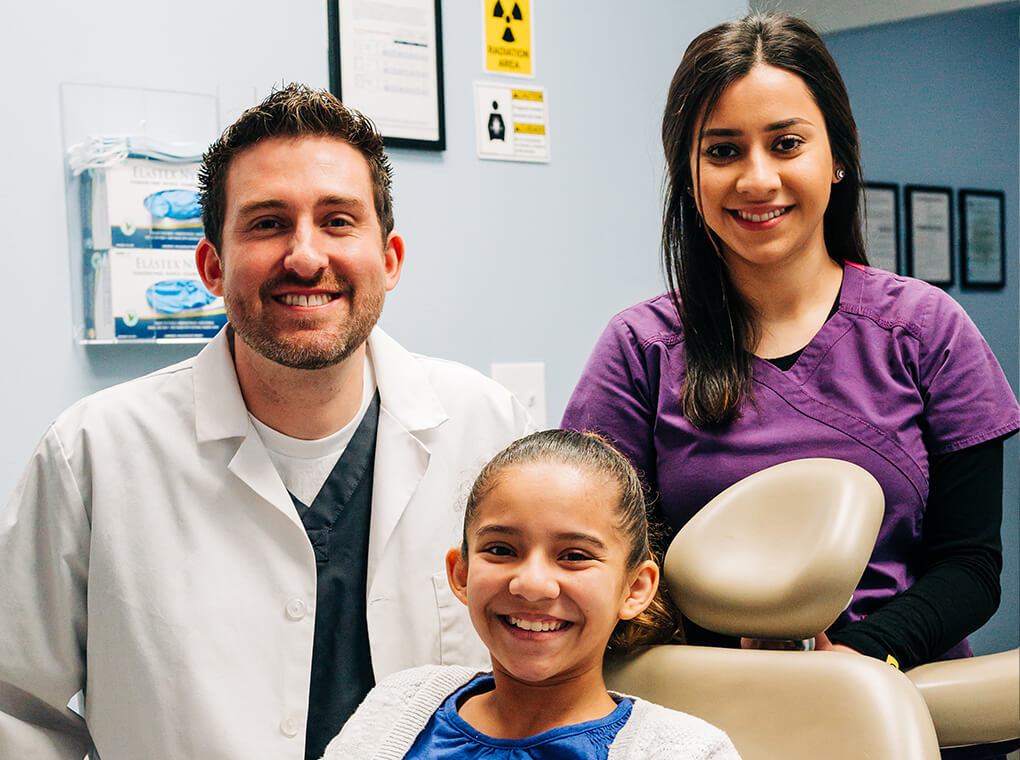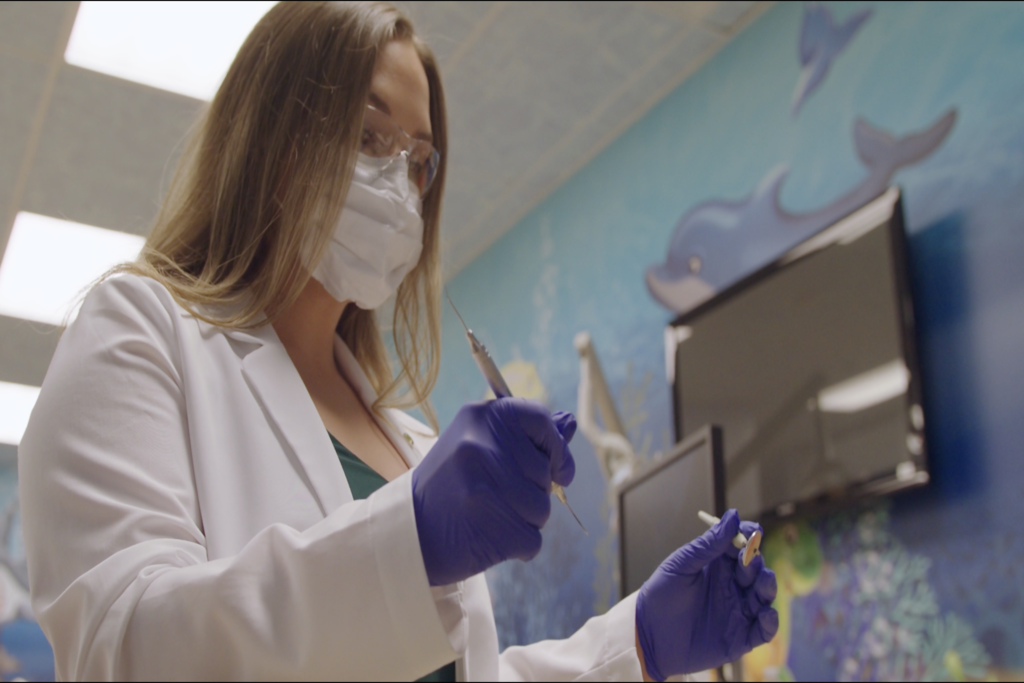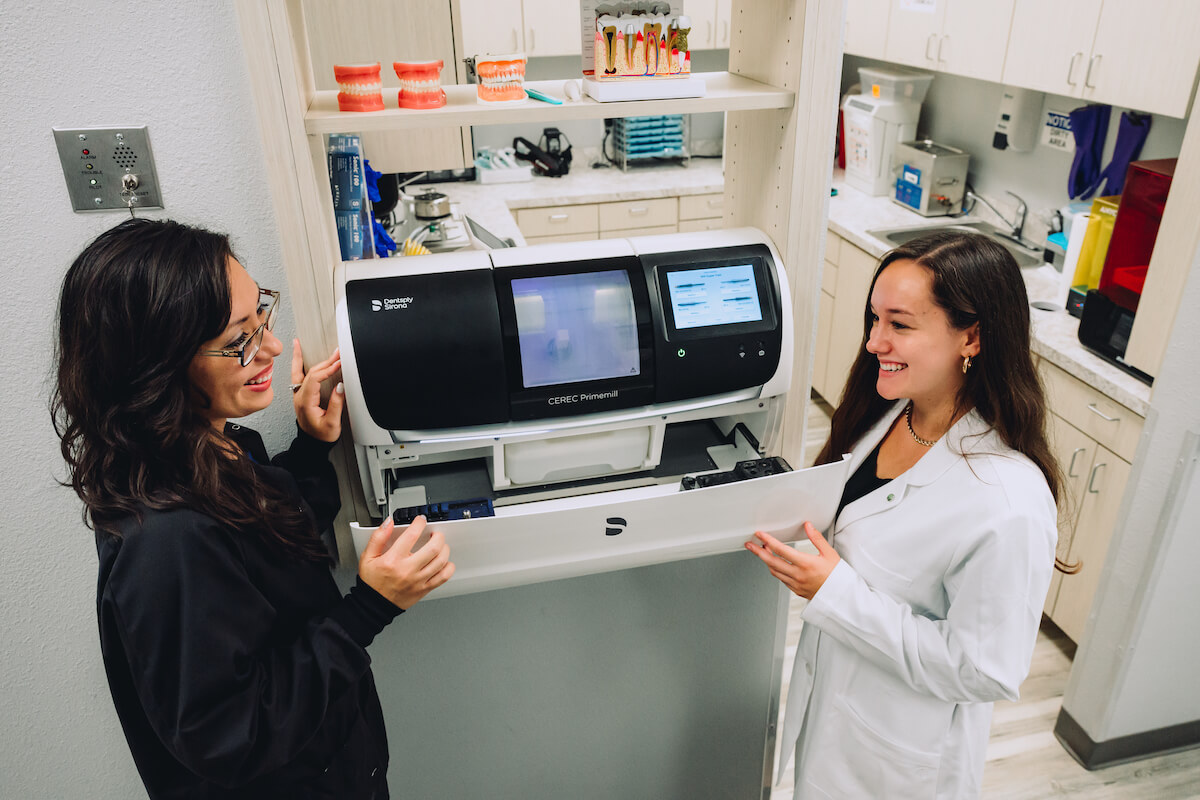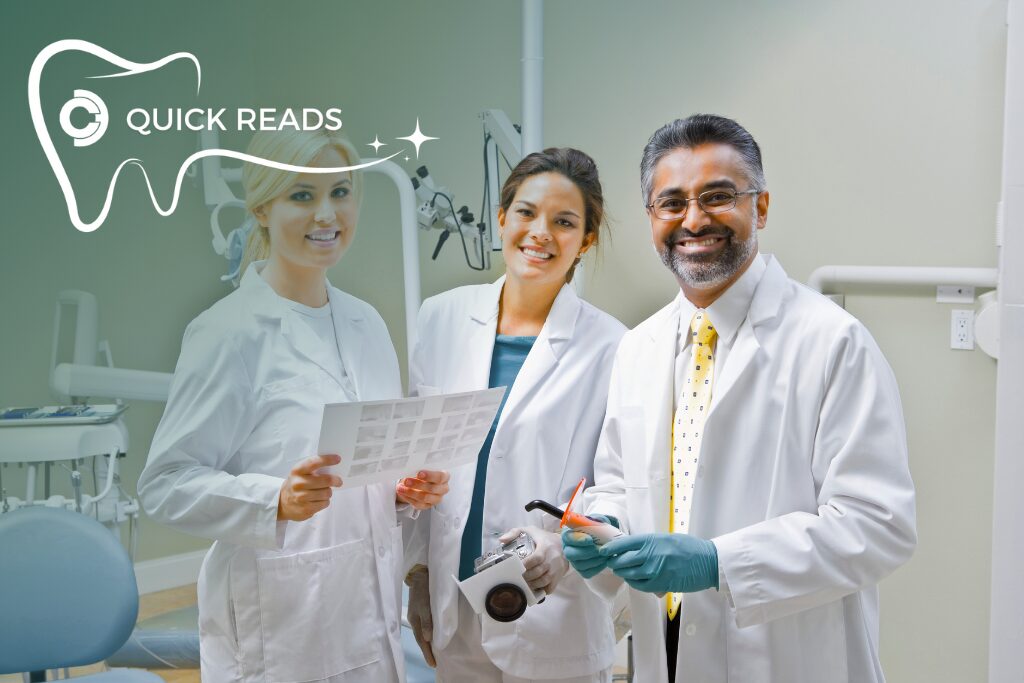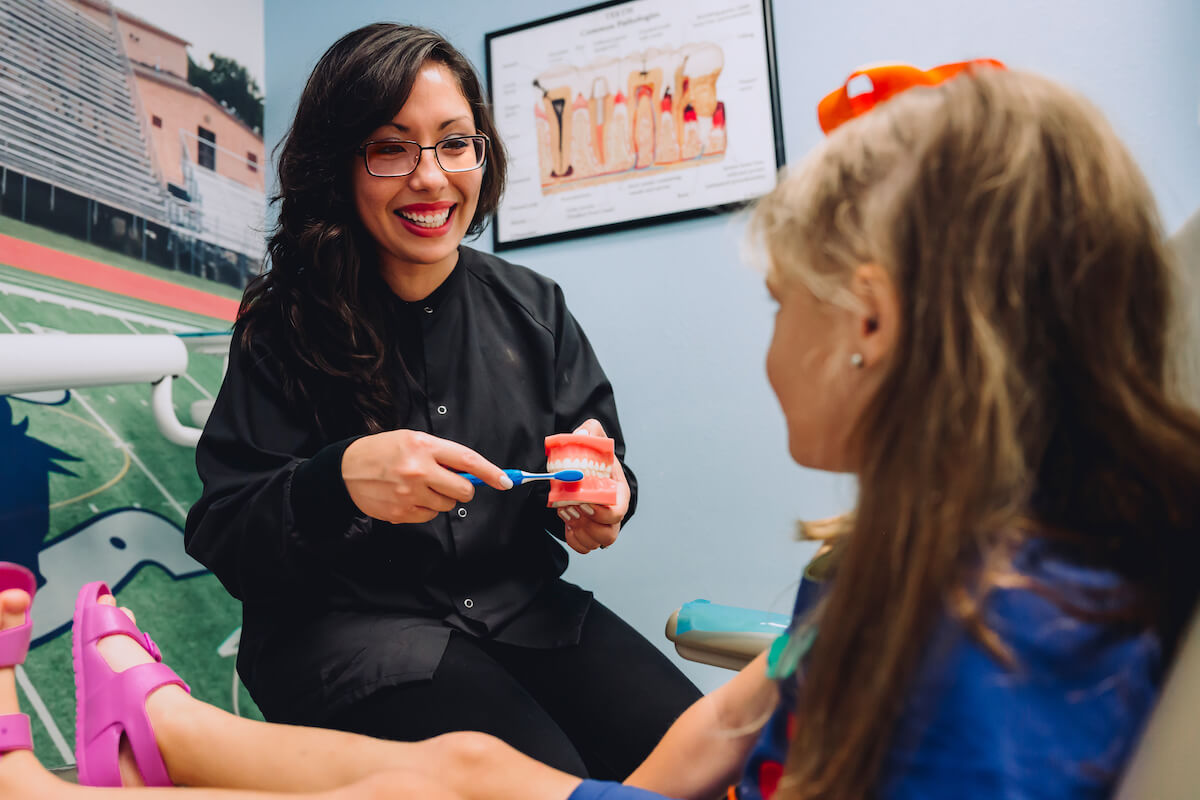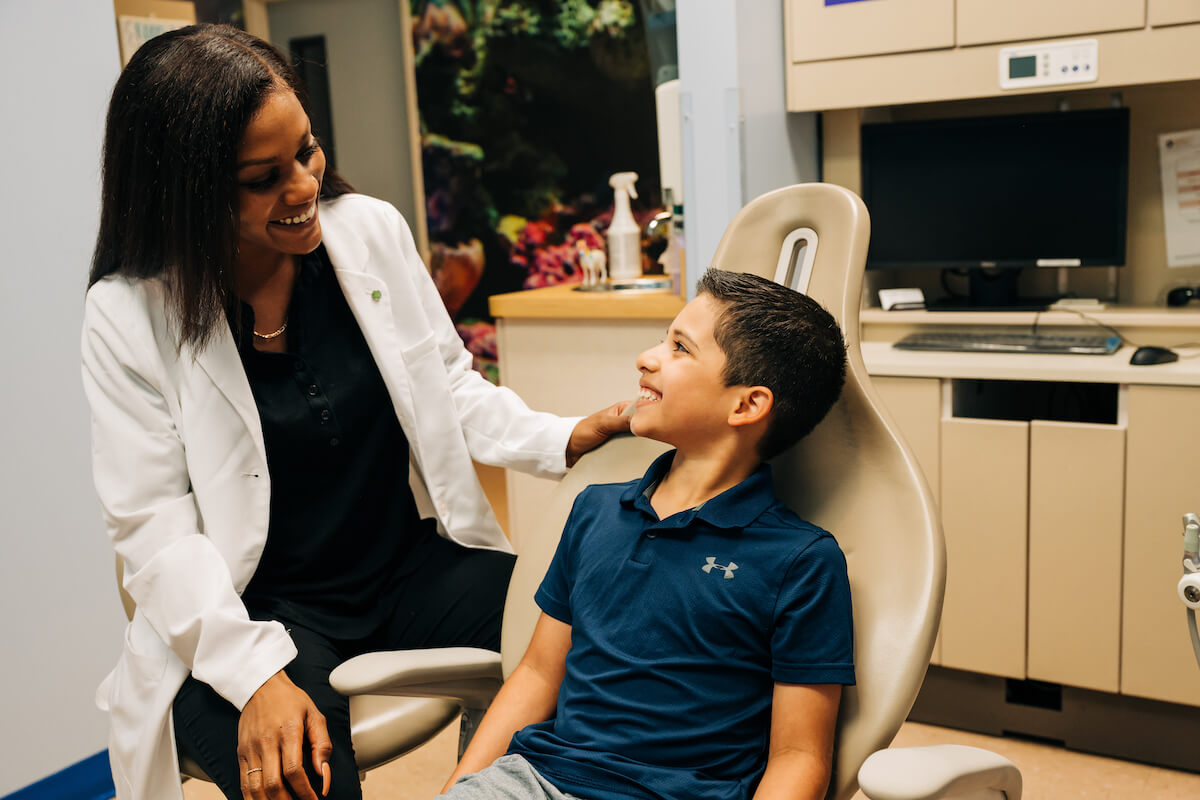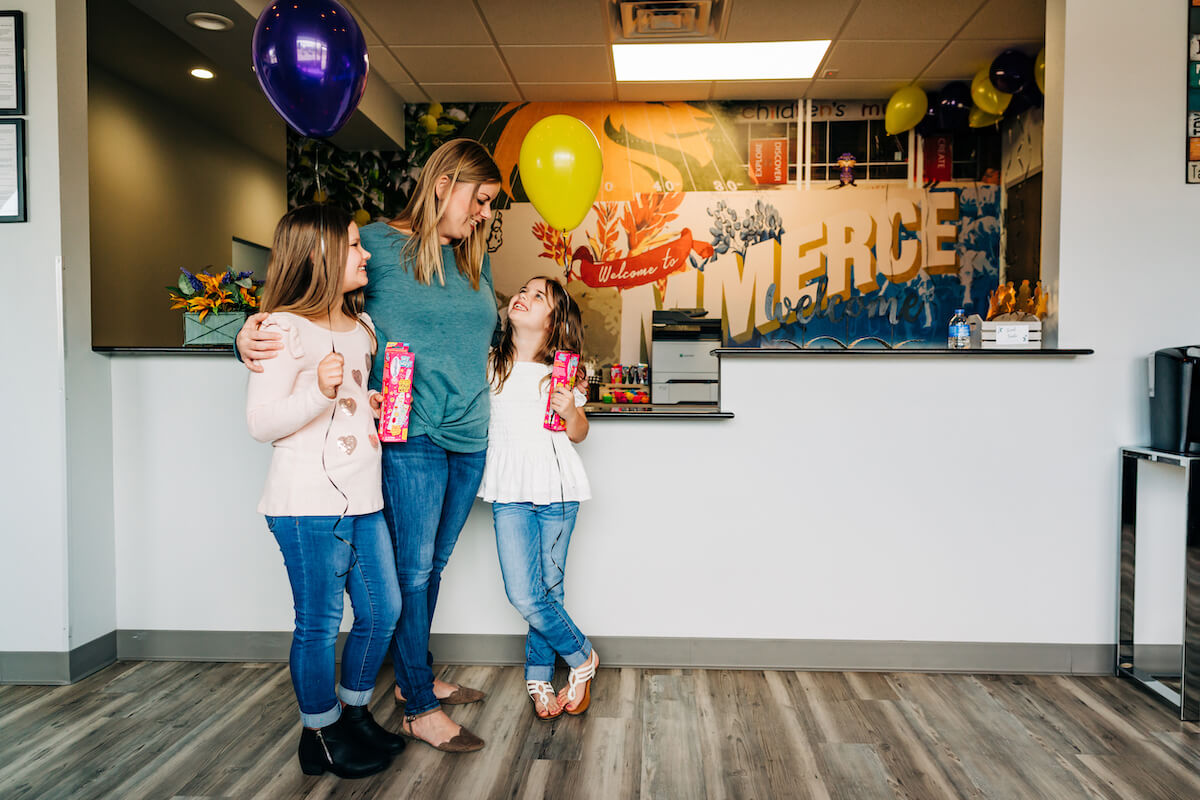
Oral health is a cornerstone of overall wellness. Unfortunately, many Americans living in rural areas lack access to dental care, which impacts their lives in myriad ways. That’s why CDP’s mission is to increase access to dental care for people living in geographically isolated areas.
Rural Communities Need More Dentists
The U.S. Census Bureau defines rural as what is not urban—that is, after defining individual urban areas, rural is what is left. However, urban expansion and other factors can complicate this definition. Accessing medical and dental care is more difficult in rural areas due to the increased distance between destinations and a lower concentration of providers. Compounding the challenges of geographical isolation, however, results in fewer dentists available to rural communities.
Whether defined as rural, nonmetro, or just underserved, many communities in the U.S. lack access to dental care. The impacts of insufficient dental healthcare can be severe and far-reaching. Statistics show that rural communities see a higher incidence of rampant decay in children, advanced periodontal disease, and the chance of developing an abscess in adults. These poor oral health outcomes lead to more missed school days, more time off work, negative impact on speech, poor nutrition, and low self-esteem. Poor access to dental healthcare also increases risk factors for other systemic diseases. A few examples include cardiovascular disease, pancreatic cancer, and many others.
Rural and Underserved Communities Have More Dental Risk Factors

Rural Communities Need Oral Homecare Instruction
Because they do not see dentists as regularly as their urban counterparts, rural children and adults typically need oral health education. Without dental teams giving adequate homecare instructions, individuals in underserved communities lack the information and tools to improve their oral health.
Rural Communities Frequently Lack Fluoridated Water
While some underserved communities lie within metropolitan areas or urban expansion, rural communities frequently lack one essential preventative: fluoridated water. Many rural homes pull well water. If they are hooked up to a community supply, it is typically expensive to fluoridate water for small, isolated communities. Many people in these communities do not seek additional fluoride supplements such as nursery water for their children.
Rural Communities See Higher Tobacco Use and Oral Cancer Risks
Compounding the increased risks due to the lack of providers and oral health education, the rural lifestyle can also negatively impact oral health. For example, rural and low-income communities see much higher rates of tobacco use and especially chewing tobacco. Oral and oropharyngeal cancers typically go longer without a diagnosis for patients without regular dental health exams. Dental clinicians’ most important preventative healthcare services are oral cancer screenings and tobacco cessation. Underserved rural communities need excellent dentists and hygienists who can serve their communities and educate their patients.
Rural Employers Are Less Likely to Offer Dental Health Coverage
Beyond lifestyle and physical access to dental healthcare, there is another factor that disproportionately limits oral healthcare access for rural families: dental insurance. Rural employers offer dental health coverage far less commonly than jobs in urban centers. Cost is the top factor that prevents Americans from seeking dental care. The expense of dental healthcare can be prohibitive for those without dental health coverage. This hurdle means the rural family must pay entirely out of pocket.
How Going Rural Can Impact Career Trajectory
Choosing to provide much-needed support to underserved populations is a great career move. Rural areas offer fantastic potential for incoming dentists and dentists seeking to escape the hectic lifestyle of city living. Because you will be stepping away from oversaturated urban markets, you’ll have a larger pool of patients and higher income potential. All 50 states in the U.S. offer loan repayment incentives for working in underserved areas. This can help you pay off dental school debt.

Dental Professionals Make a Difference in Rural Communities
These are compelling enough reasons to seek out underserved and rural communities as a place to establish your dental career. However, there are more rewarding parts of choosing this path. Community Dental Partners focuses on these communities because they need us. This is where we have the potential to change lives and make a more profound impact on the world.
Imagine the father who can’t take time off work to drive 50 miles to the closest dentist. He puts off getting a sore tooth checked until he has no choice but to get an extraction and antibiotics. Imagine the mother who was never taught proper oral hygiene, watching rampant cavities tear through her toddler’s teeth. Imagine the teenager too ashamed to smile or speak in class because of their crooked teeth and gingivitis.
You can be the difference for these patients to save them from abscesses, infections, untreated decay, and tooth loss. Making yourself part of the CDP team means making a difference in people’s lives. Beyond career stability or income potential, working in underserved areas profoundly impacts your patients’ lives.
Makayla Glosson, RDH, “Every day, I wake up feeling blessed with the opportunity to be a hygienist in a company that values every employee. Giving back to a community that I grew up in, as far as oral health, has been a gratifying experience that I have loved every single second of doing.”
Expanding Reach with Humanitarian Trips
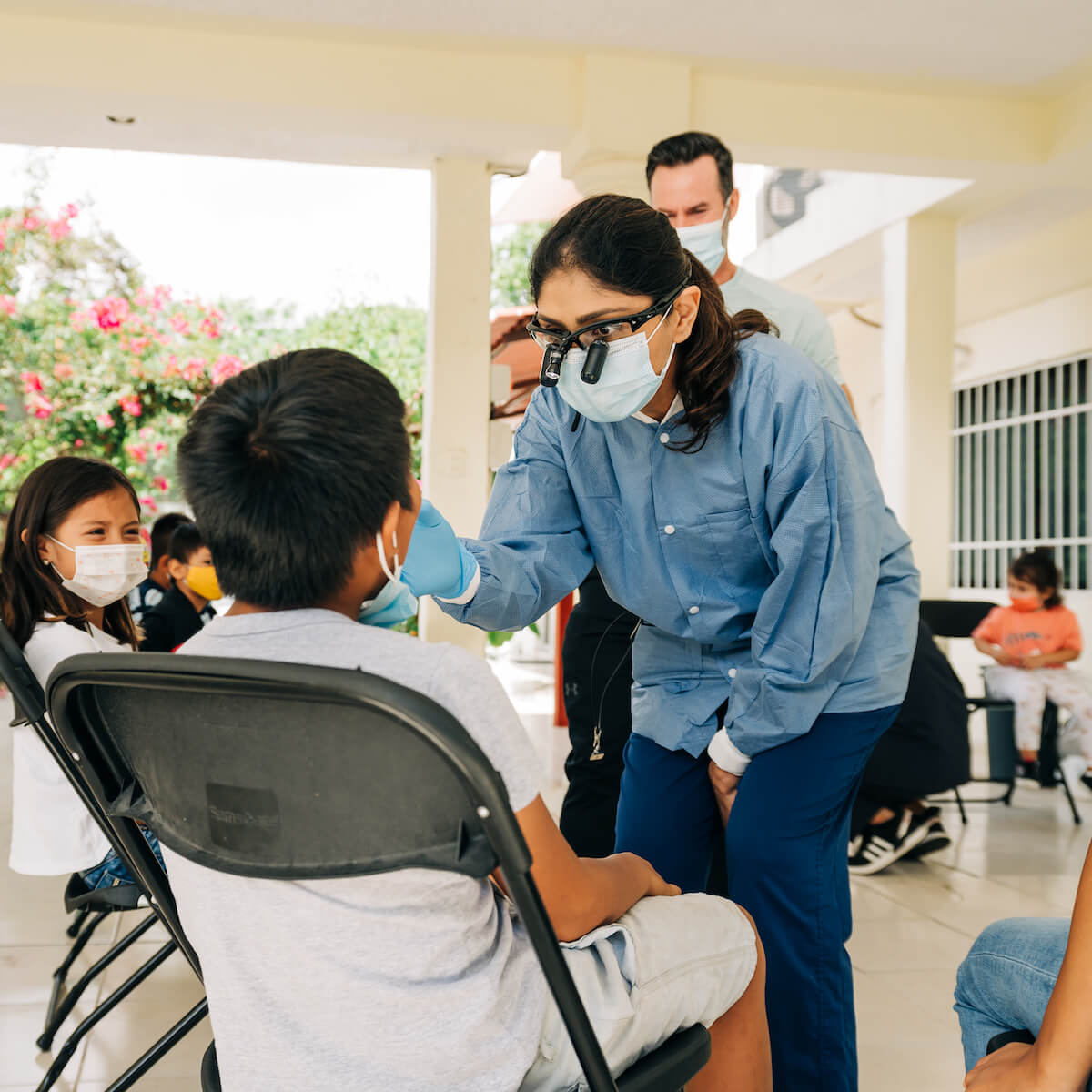
As essential as it is to our mission to provide care in underserved areas in the U.S., we are also very proud of our humanitarian trips. We invite our new dentists to join us on these annual trips. They can strengthen their clinical skills and offer much-needed care to communities who genuinely need it. Many of the patients on these outreach trips need regular access to dentists.
Serving the underserved is vital to the Community Dental Partners’ mission. Schedule a call with a Hiring Manager to learn how you can start changing lives for patients who truly need you!


